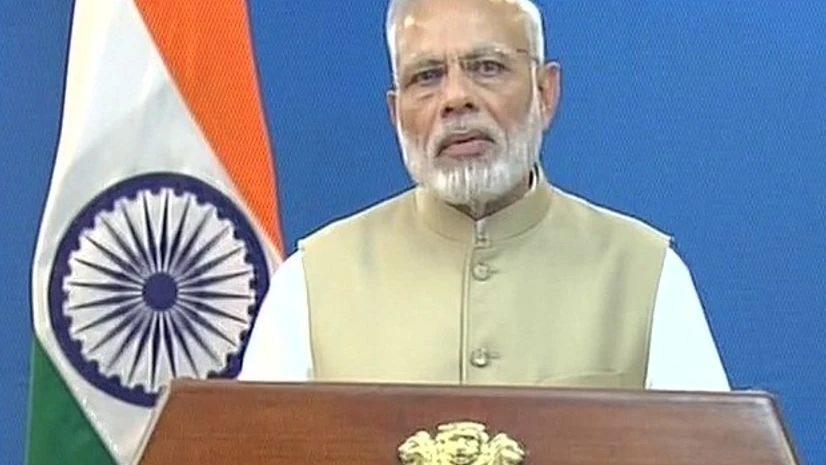On Tuesday night, Prime Minister Narendra Modi took a step towards fulfilling one of his 2014 Lok Sabha election campaign’s key promises –curb corruption, make efforts to recover ‘black’ or unaccounted money and use it for schemes for the welfare of the poor.
He also altered the recent public discourse that has shown his government in poor light, reinforced his public image of a strong leader and took sure-footed steps towards his re-election in 2019. The PM, in his address to the nation, also dropped enough hints that the target of his anti-corruption drive were corrupt bureaucrats and politicians.
The PM also said that unaccounted money is used indiscriminately during election time. The decision has come with just months before elections to states of Uttar Pradesh, Punjab, Manipur, Goa and Uttarakhand. The step is likely to curb the circulation of unaccounted money during elections.
More From This Section
Bharatiya Janata Party (BJP) President Amit Shah, who had rather embarrassingly for his party termed the Rs 15 lakh promise as a ‘chunavi jumla’, or an election slogan, on Tuesday termed the move a “surgical strike on the menace of corruption and black money”.
The PM, by this move, has also walked out of the shadow of the traditional support base of the BJP, as well the party’s ideological parent Rashtriya Swayamsevak Sangh (RSS), among small and medium traders across northern India and pitched his political tent with the poor of India. While traders admitted to the prospects of short-term loss, they disagreed that it would hurt the community in the long term.
Praveen Khandelwal of the Confederation of All India Traders, also a former BJP leader, welcomed the move as the “greatest attack on black money”.
“Of course, for some time the markets will be under turmoil as this move will impact capital liquidity. Consumers will certainly not visit markets for a few days but over a period of time, the situation will become normal,” he said.
BJP sources close to the party president disagreed with the assessment that the move would hurt traders. They argued traders seldom kept massive amounts of unaccounted money at home, as much of the money is put in circulation, and they’ll not find it difficult to exchange it for new notes in banks.
In his address to the nation, the PM indicated the objectives of demonetising the currency notes. He pointed to the use of unaccounted money in elections and also said that “corruption is being spread by a certain class of people” by misuse of their official positions. The PM said visuals of investigating agencies recovering bundles of notes from the under the beds of bureaucrats hurt all Indians.
The PM expressed hope that the crackdown on corruption and black money would reduce inflation and curb artificial increase in the real estate market and the education sector.
Beyond the immediate inconvenience to people, the PM’s move is politically astute. It has the potential to burnish his image as a strong leader, bring down inflation and could turn out to be common man-friendly.

)
